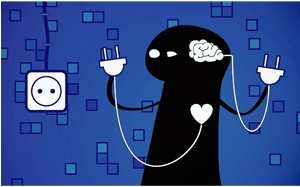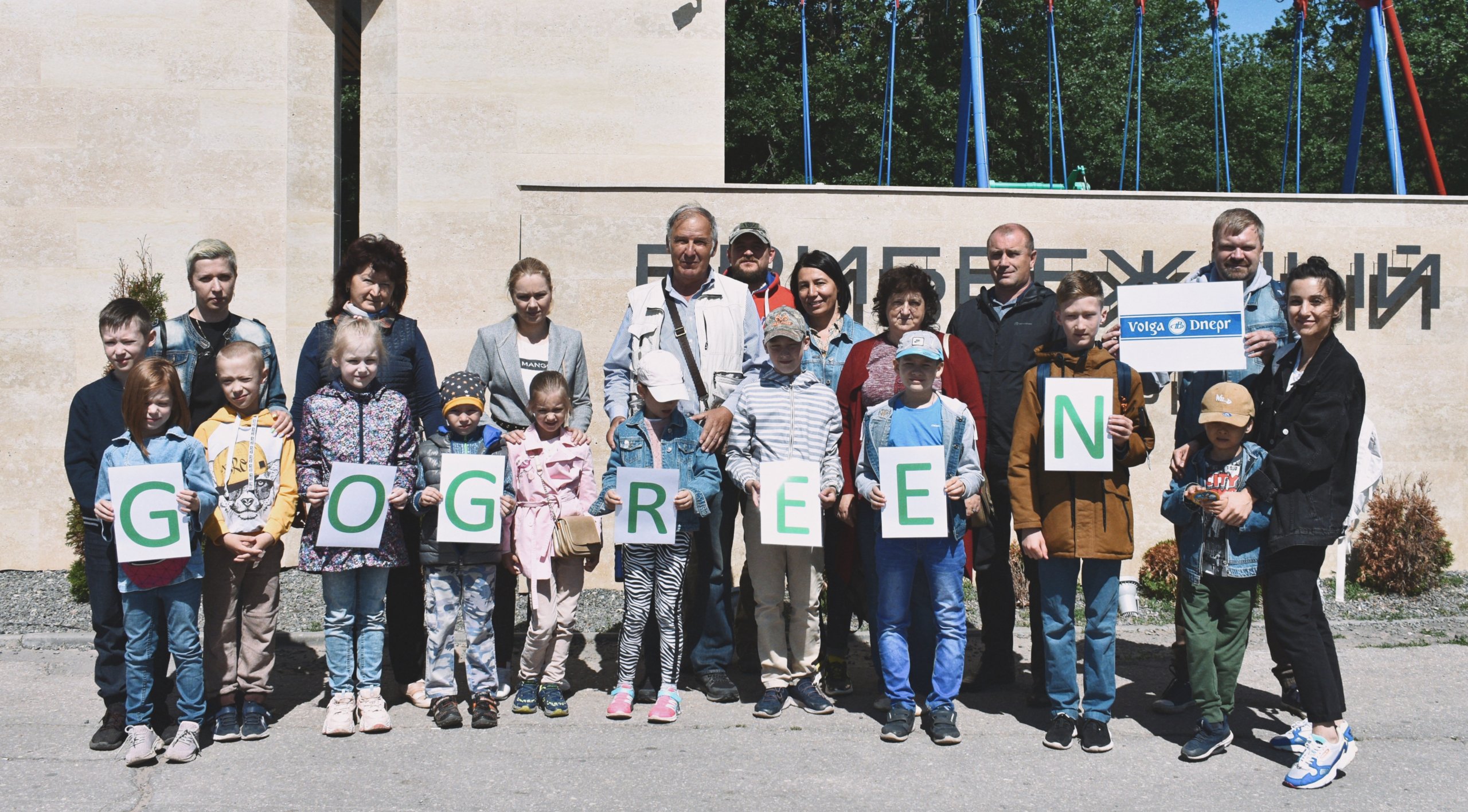What can prevent effective decision-making?
 What is Decision-Making?
What is Decision-Making?
In its simplest sense, decision-making is the act of choosing between two or more courses of action.
In the wider process of problem-solving, decision-making involves choosing between possible solutions to a problem. Decisions can be made through either an intuitive or reasoned process, or a combination of the two.
Intuition
Intuition is using your ‘gut feeling’ about possible courses of action.
Although people talk about it as if it was a magical ‘sense’, intuition is actually a combination of past experience and your personal values. It is worth taking your intuition into account, because it reflects your learning about life. It is, however, not always based on reality, only your perceptions, many of which may have started in childhood and may not be very mature as a result.
It is therefore worth examining your gut feeling closely, especially if you have a very strong feeling against a particular course of action, to see if you can work out why, and whether the feeling is justified.
Reasoning
Reasoning is using the facts and figures in front of you to make decisions.
Reasoning has its roots in the here-and-now, and in facts. It can, however, ignore emotional aspects to the decision, and in particular, issues from the past that may affect the way that the decision is implemented.
Intuition is a perfectly acceptable means of making a decision, although it is generally more appropriate when the decision is of a simple nature or needs to be made quickly.
More complicated decisions tend to require a more formal, structured approach, usually involving both intuition and reasoning. It is important to be wary of impulsive reactions to a situation.
Applying Both Reason and Intuition
One way to do this is to apply the two aspects in turn. It’s useful to start with reason, and gather facts and figures. Once you have an obvious ‘decision’, it’s the turn of intuition. How do you feel about the ‘answer’? Does it feel right?
If not, have another look, and see if you can work out why not. If you’re not emotionally committed to the decision you’ve made, you won’t implement it well or effectively.
Effective Decision-Making
Decisions need to be capable of being implemented, whether on a personal or organizational level. You do, therefore, need to be committed to the decision personally, and be able to persuade others of its merits. An effective decision-making process, therefore, needs to ensure that you are able to do so.
What Can Prevent Effective Decision-Making?
There are a number of problems that can prevent effective decision-making. These include:
1. Not Enough Information
If you do not have enough information, it can feel like you are making a decision without any basis.
Take some time to gather the necessary data to inform your decision, even if the timescale is very tight. If necessary, prioritize your information-gathering by identifying which information will be most important to you.
2. Too Much Information
The opposite problem, but one that is seen surprisingly often: having so much conflicting information that it is impossible to see ‘the wood for the trees’.
This is sometimes called analysis paralysis, and is also used as a tactic to delay organisational decision-making, with those involved demanding ever more information before they can decide.
This problem can often be resolved by getting everyone together to decide what information is really important and why, and by setting a clear timescale for decision-making, including an information-gathering stage.
3. Too Many People
Making decisions by committee is difficult. Everyone has their own views, and their own values. And while it’s important to know what these views are, and why and how they are important, it may be essential for one person to take responsibility for making a decision. Sometimes, any decision is better than none.
4. Vested Interests
Decision-making processes often founder under the weight of vested interests. These vested interests are often not overtly expressed, but may be a crucial blockage. Because they are not overtly expressed, it is hard to identify them clearly, and therefore address them, but it can sometimes be possible to do so by exploring them with someone outside the process, but in a similar position.
It can also help to explore the rational/intuitive aspects with all stakeholders, usually with an external facilitator to support the process.
5. Emotional Attachments
People are often very attached to the status quo. Decisions tend to involve the prospect of change, which many people find difficult.
6. No Emotional Attachment
Sometimes it’s difficult to make a decision because you just don’t care one way or the other. In this case, a structured decision-making process can often help by identifying some very real pros and cons of particular actions, that perhaps you hadn’t thought about before.
Many of these issues can be overcome by using a structured decision-making process. This will help to:
- Reduce more complicated decisions down to simpler steps;
- See how any decisions are arrived at; and
Plan decision making to meet deadlines.
Vocabulary
| In the simplest sense | В самом простом смысле | Apply in turn | Применять по очереди |
| Course of action | Порядок/образ действий | Gather facts | Собирать факты |
| Problem-solving | Решение проблем | obvious decision | Очевидное решение |
| Choose between solutions | Выбирать одно из решений | be committed to a decision | Быть приверженным решению |
| Reasoning | Умозаключение, довод | persuade others | Убеждать других |
| Gut feeling | Шестое чувство | without any basis | Без основания |
| Past experience | Прошлый опыт | tight timescale | Плотные временные рамки |
| Personal values | Личные ценности | see the wood for the trees | Видеть лес за деревьями |
| It’s worth | Стоит (что-то делать) | delay decision-making | Тормозить принятие решений |
| Take into account | Принимать во внимание | be essential | Быть основным |
| Reflect | Отражать | take responsibility | Брать ответственность |
| Be based on perceptions | Быть основанным на восприятии | vested interests | Корыстные интересы |
| Be mature | Быть зрелым | be expressed overly | Открыто выражать |
| Examine closely | Тщательно изучить | crucial blockage | Основное препятствие |
| Have strong feeling against | Быть против (по ощущениям) | explore the interests | Изучить интересы |
| Work out | Выработать | external facilitator | Внешний помощник |
| Be justified | Быть оправданным | stakeholders | Заинтересованные |
| Have the roots | Иметь корни | be attached to the status quo | быть привязанным к положению |
| Ignore emotional aspect | Игнорировать эмоц. аспект | not to care about smth | не заботиться о чем-либо |
| Issues from the past | Проблемы из прошлого | identify pros and cons | выявить все за и против |
| Implement the decision | Применять решение | overcome issues | преодолевать трудности |
| Acceptable means | Приемлемые средства | meet deadlines | успевать к сроку |
| Appropriate | Надлежащий | ||
| Complicated decisions | Сложные решения | ||
| Structured approach | Структурный подход | ||
| Be wary | Быть осмотрительным |




